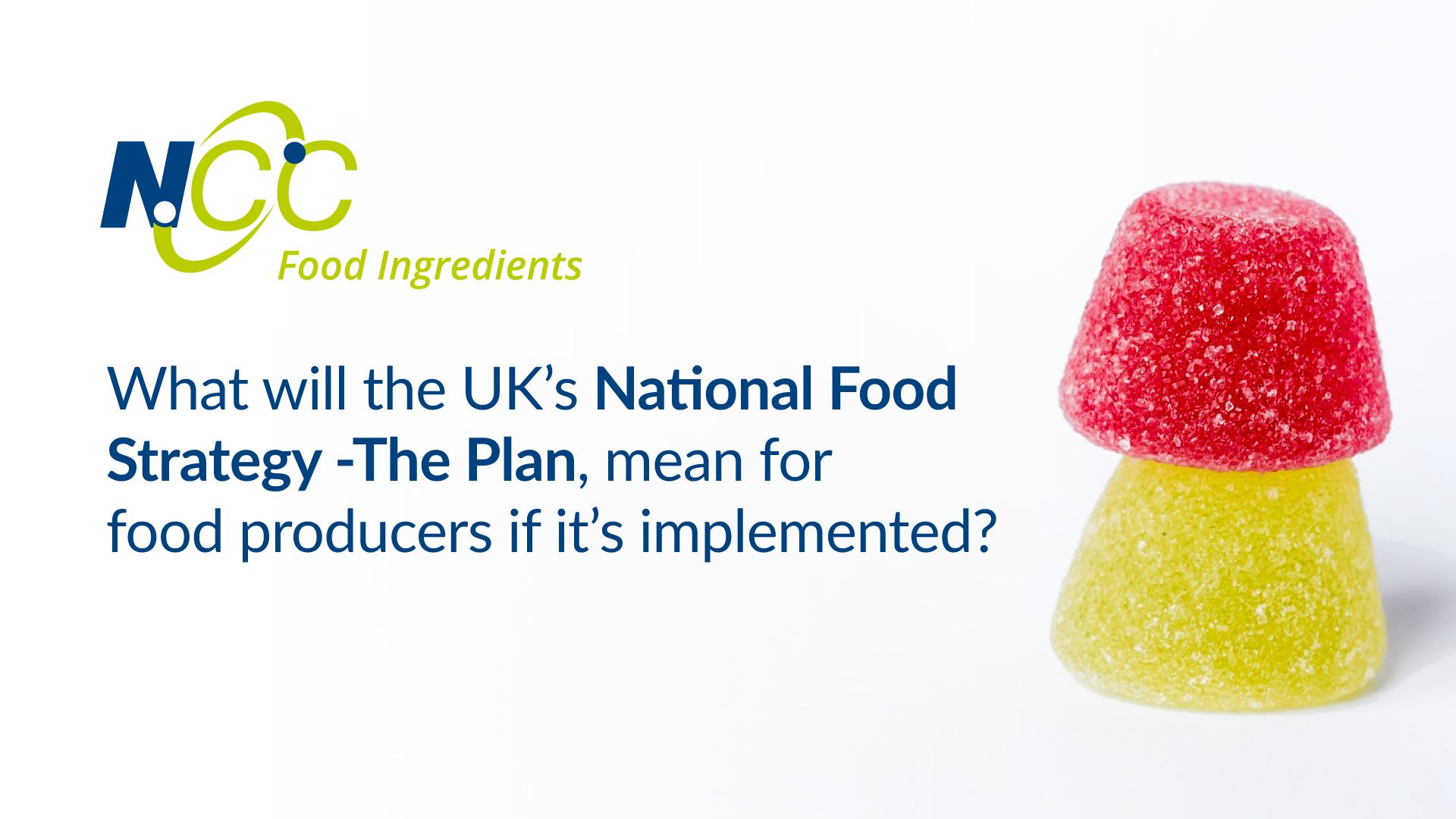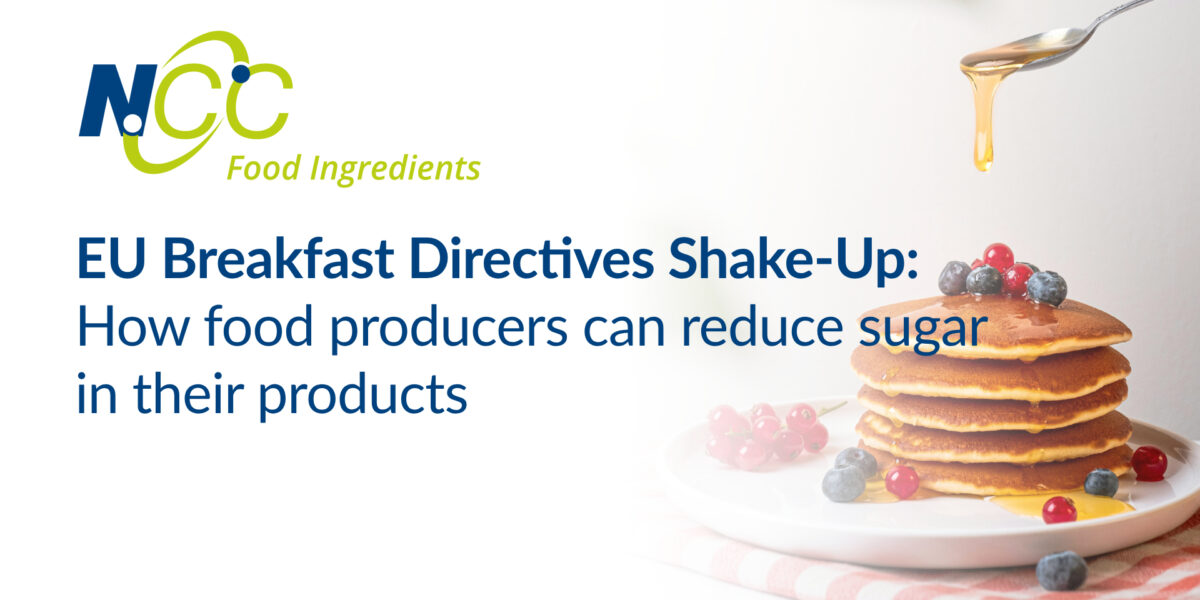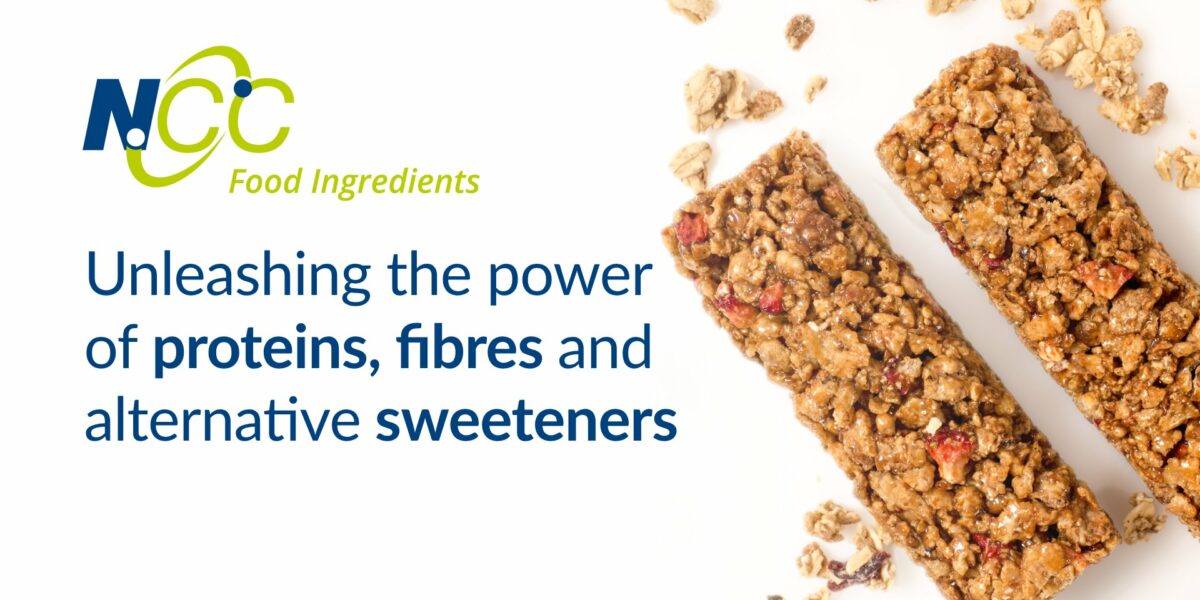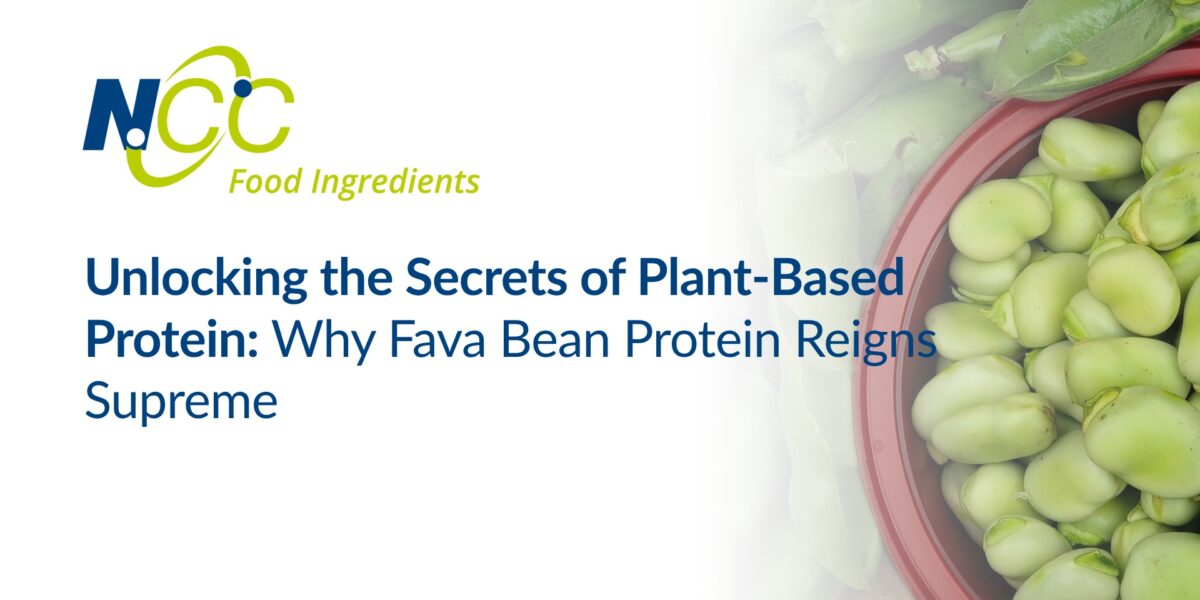Last year part one of the UK National Food Strategy was published, which highlighted to the food industry the somewhat radical direction that part two would be heading towards. The report, an independent review for the UK Government was authored by Leon restaurant co-founder Henry Dimbleby. The strategy focused on battling the high rates of obesity, poverty as well food insecurity. We went into greater detail and discussed the impact, in a previous article which can be read here.
Part two – The Plan
In July of this year (2021) part two of the National Food Strategy was published which was released as The Plan. The Plan went into further detail and provided essentially a road map for the UK government to follow. There are in total 14 recommendations, we have simplified the list and focused on what could directly impact food producers, these are as follows:
- Introduce a sugar and salt reformulation tax
- Mandatory reporting for large food companies
- Strengthen government procurement rules to ensure that taxpayer money is spent on healthy and sustainable food
- Reducing meat consumption by 30%
Tax: £3 per kilo of sugar and £6 per kilo of salt
The sugar and salt reformulation tax would mean a levy of £3 on a kilo of sugar and £6 on a kilo of salt with wholesale use in processed foods, restaurants as well as catering. If implemented this could push up the cost of products meaning higher prices for consumers. This tax would be fully implemented by 2024 and would replace the current soft drink levy. However, it should be noted that there was little impact as regards to prices when the sugar tax was implemented with soft drinks since reformulation efforts ensured that sugar was reduced whilst the sweetness remained.
Mandatory reporting
Mandatory reporting would mean that food producers (with more than 250 employees) would have to publish an annual account of all sales of foods high in fat, salt or sugar (HFSS) as well as meat, fruit and vegetables. In addition, they would have to declare the quantities of food waste. This would apply to retailers, restaurants and fast-food outlets, contract caterers, wholesalers, manufacturers and online ordering platforms. Franchising restaurants would be treated as the sum of their franchisees operating under the same brand. The thinking behind this is that public scrutiny as well as investors would be in a better position to pressure management at large organisations to implement changes.
Strengthen government procurement rules
The UK’s National Food Strategy – the Plan recommends strengthening government procurement rules when it comes to purchasing food for schools, hospitals, prisons etc. Not all public bodies are bound by the present procurement rules, the Buying Standards for Food (GBSF) and in addition they do not guarantee that the food is nutritionally healthy. Rather as the report highlights,
“in practice, this means that the cheapest bid wins, leading to a race to the bottom among suppliers.”
It is proposed instead that the focus should be on
“to increase the role of small and local suppliers in public food procurement.” “This diet is likely to recommend serving less meat and dairy and more wholegrains, fruit, vegetables and pulses, to maximise the health and sustainability of the food served.”
The impact of this could mean food producers that presently supply public bodies may have to reformulate their food products, in some cases dramatically to meet these new standards to ensure that they continue to retain their sales.
Reducing meat consumption by 30%
Another key point that the report recommended was reducing meat consumption by 30%;
“This is not a summons for everyone to go vegan. If we all just ate the amount of meat recommended by the government’s Scientific Advisory Committee on Nutrition – most people do, but about a third of the population eats more – national meat consumption would fall by at least 15%, and our red and processed meat consumption by at least 27%. The CCC says meat reduction will need to fall by 20–50% by 2050. Its central scenario calls for a 35% reduction in order for the UK to meet its net zero commitments.”
Though the report’s author, Henry Dimbleby does not mention taxation as a way of reducing meat consumption he does suggest the government provide investment assistance to help with the roll out of alternative meat products.
Push back
Not surprisingly there was significant push back across the board from the food industry in response to the report. UK Prime Minister, Boris Johnson, stated shortly after the release of the Plan;
“I’m not, I must say, attracted to the idea of extra taxes on hardworking people. Let me just signal that. I shall study the report with interest.” He went on to say; “It’s an independent report. I think there are doubtless some good ideas in it. As I said earlier on, we believe in tackling obesity, trying to help people to lose weight, promoting exercise and tackling junk food advertising and so on.”
Though there are many good intentions from a public and environmental perspective, the report mainly focuses on taxing large food producers and retailers into action whilst ignoring smaller producers and establishments like independent takeaways
Inevitable changes?
It seems unlikely that the UK government will implement all the recommendations, Boris Johnson’s previous comment combined with the current challenges of Brexit and Covid-19 makes it less likely that they’ll go ahead in full in their current form. The UK Government has officially 6 months to respond to the National Food Strategy, meaning that a decision should be announced by January 2022.
Regardless, the challenges and health costs associated with obesity combined with the pressures to become environmentally sustainable are not going away. Even if these recommendations are ignored or not fully implemented, it would be strongly advisable that food producers across the board and not just in the UK analyse their food products and establish a plan to reformulate as to remove or reduce sugar and/or salt in products.
About NCC Food ingredients
At NCC Food ingredients we work directly with food producers from reformulation right through to new product development. If you are seeking to replace sugar, salt or fat in your food or drink products, then we can assist. We have the experience and expertise to provide guidance when it comes to getting your product consumer ready.
NCC Food ingredients are an award-winning sourcing provider of functional and innovative ingredients. We recently won Ingredients Supplier of the Year. Our customer base ranges from international producers of foods and beverages to small niche artisan creators of fine foods. For further information fill out the form below and we’ll be in touch.





